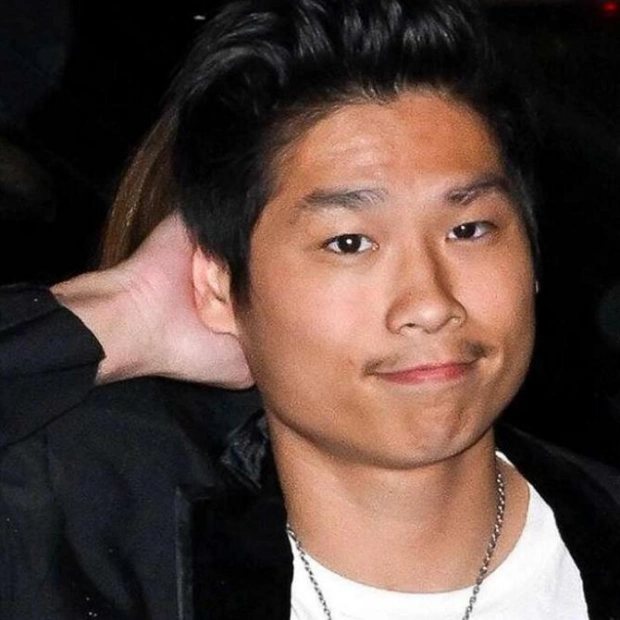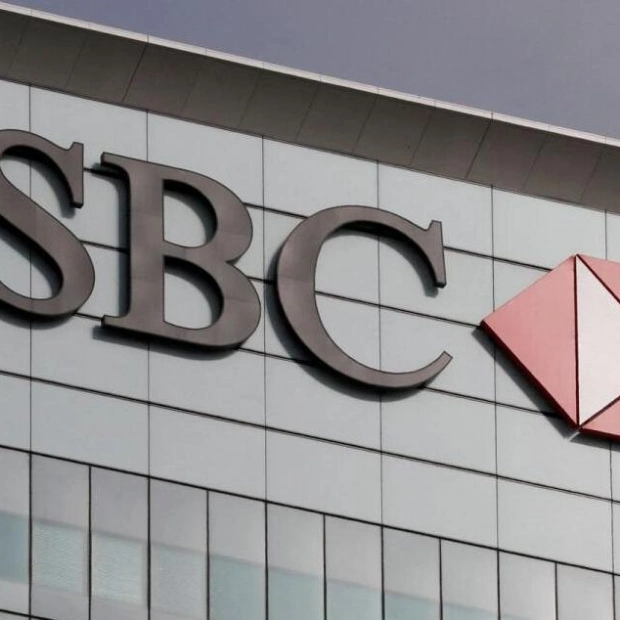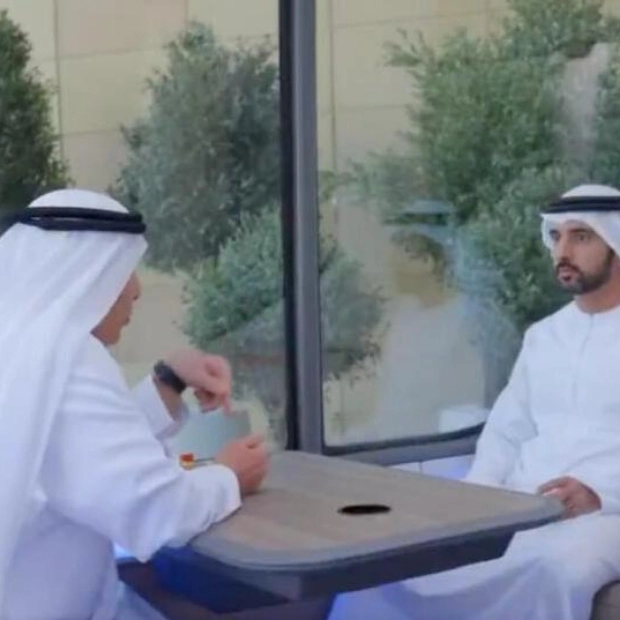French President Emmanuel Macron requested his Prime Minister, Gabriel Attal, to continue in his role temporarily on Monday, as the country braces for challenging negotiations to establish a new government following an unexpected surge of left-wing parties in the recent elections, which resulted in a hung parliament.
The leftist New Popular Front (NFP) emerged as the leading force in the National Assembly after Sunday's vote, thwarting Marine Le Pen's efforts to bring the far right to power. However, with no single party securing a majority, the political landscape is set for volatility, especially with the Paris Olympics approaching, and investors are left uncertain about the leadership of the euro zone's second-largest economy.
The potential scenarios include the NFP forming a minority government or the formation of a disjointed coalition of parties with little common ground. Despite Attal's resignation offer, Macron rejected it, stating that Attal should remain in place to ensure stability.
A fragmented parliament complicates the passage of any domestic policies and could diminish France's influence in the European Union and globally. The left secured 182 seats, Macron's centrist alliance 168, and Le Pen's National Rally (RN) and allies 143, according to data from the Interior Ministry cited by Le Monde.
Interior Minister Gerald Darmanin was seen at the Elysee Palace shortly after Attal, indicating that Macron was seeking advice from his allies on the next steps. Leaders of the NFP's constituent parties met overnight and are scheduled to meet again to discuss the replacement for Attal and the alliance's strategy.
The NFP, hastily formed to unite the left against the far right, lacks a clear leader and did not specify a candidate for prime minister before the election. Potential candidates include Green leader Marine Tondelier, but there is no consensus on whether the bloc should seek support from other parties, such as Macron's centrists.
Jean-Luc Melenchon, leader of France Unbowed, explicitly ruled out any cooperation with centrists, and his ally Eric Bompard emphasized the need for a prime minister from the NFP to implement its program. However, the NFP's key proposals, such as raising the minimum wage and reversing pension reforms, are unlikely to pass without some agreement with external lawmakers.
Financial markets viewed the NFP's program negatively due to its potential strain on public finances, and the unexpected electoral success could raise concerns about France as an investment destination. Some centrist figures are open to negotiation to ensure a stable government, but not with France Unbowed, which they view as extreme.
The euro weakened by up to 0.4% on Monday as investors faced uncertainty. Macron may struggle to advance his policy agenda, despite having already implemented significant reforms. For Le Pen's RN, the election outcome was a disappointment, but she sees it as a step towards future victory.






